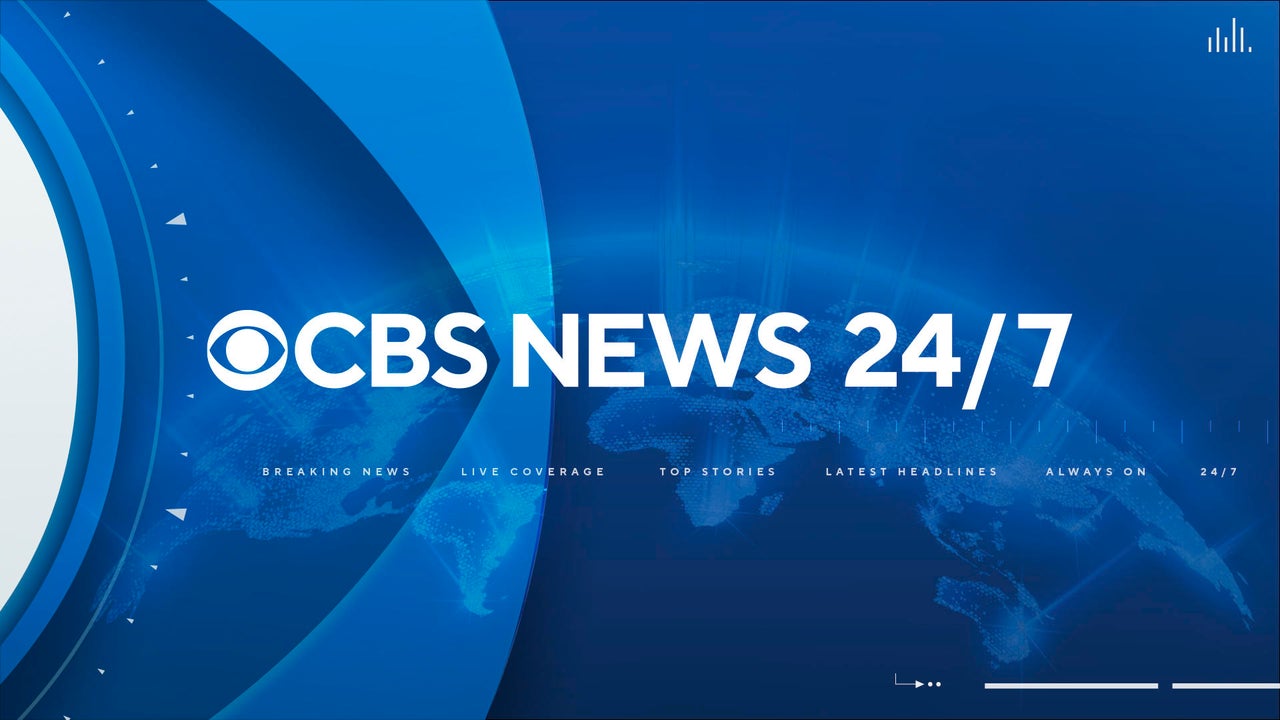Keep Informed: The Significance of Reliable Information Sources in Today's Globe
In an age identified by a frustrating influx of info, the significance of reliable information sources can not be overemphasized. As the limits between truth and fiction blur, the capacity to discern qualified journalism from sensationalism is important for both private understanding and social communication. The ramifications of consuming misinformation extend beyond individual perspectives, influencing public trust fund and plan choices. As we explore the mechanisms of legitimate journalism and the approaches for recognizing reliable resources, the effects for our cumulative future come to be increasingly noticeable. What steps must we take to ensure that our information landscape continues to be a stronghold of reality?
The Function of Reliable Journalism
The integrity of journalism serves as the keystone of a knowledgeable culture. Trustworthy journalism plays an essential function in guaranteeing that residents obtain precise, timely, and relevant details. This function is essential for cultivating public discourse, promoting openness, and holding power liable. Journalists, via extensive research and adherence to ethical criteria, provide a structure for comprehending complex concerns, encouraging individuals to make enlightened decisions.
Furthermore, credible journalism shapes public point of view and influences policy-making by illuminating diverse viewpoints. It acts as a guard dog, examining malfeasance and highlighting social injustices that may otherwise go unnoticed. By focusing on valid coverage and minimizing bias, responsible journalists add to a much more well balanced narrative in the media landscape.
In enhancement, the duty of reliable journalism expands past plain info dissemination; it likewise cultivates depend on in between the media and the public. When news organizations regularly supply truth-driven web content, they develop themselves as trustworthy resources, strengthening the public's self-confidence in the media. Ultimately, reliable journalism is important for a working freedom, as it ensures that the electorate is informed and engaged, therefore promoting a more durable public discussion.
Comprehending Fake Information
Browsing the complicated landscape of information today needs a keen recognition of phony news and its ramifications. Fake news describes misinformation or disinformation offered as legitimate news, usually designed to misguide target markets for various motives, including political, economic, or social gain. The quick expansion of electronic systems has actually made it easier for such content to circulate, presenting substantial obstacles to public discussion and informed decision-making.
Comprehending fake news includes recognizing its qualities, such as thrilling headings, absence of reliable sources, and psychological manipulation. It typically makes use of existing predispositions, strengthening prejudgments and polarizing opinions. The effects of phony news are extensive; they can distort public assumption, erode count on genuine journalism, and prompt division within neighborhoods.

Identifying Reliable Sources
In today's information-saturated atmosphere, critical reliable sources is essential for cultivating informed decision-making - news. With the spreading of information outlets and digital systems, distinguishing qualified info from deceptive web content has ended up being significantly challenging
To determine trusted resources, initially, analyze you could look here the credibility of the author. Reputable wire service commonly have a long-lasting background of journalistic stability and follow ethical requirements. Look for resources that provide clear authorship, permitting you to assess the certifications and expertise of the reporter.
Following, take into consideration the evidence provided. Dependable short articles must cite proven truths, include quotes from specialists, and recommendation main resources. Cross-referencing details throughout numerous trustworthy electrical outlets can better validate accuracy and lower prejudice.
Be cautious of sensationalism and psychological language, which can suggest a program as opposed to a commitment to accurate reporting - news. Furthermore, know the publication date, as out-of-date details may no much longer be relevant
The Consequences of False Information
False information can weaken public count on and result in misguided activities, significantly impacting societal well-being. When people or areas approve false information as truth, they might choose that are damaging to their wellness, safety and security, and social cohesion. This is particularly obvious throughout dilemmas, such as public health emergencies, where unreliable data can result in hazardous behaviors, such as vaccination hesitancy or the disregard of vital safety and security procedures.
The spread of misinformation can also polarize neighborhoods, sustaining department and conflict. When individuals count on erroneous narratives, it produces a setting where discussion becomes progressively challenging, as opposing factions hold on to their beliefs, frequently useful source ignoring accurate proof. This erosion of a common understanding undermines autonomous procedures and can result in the destabilization of cultures.
Additionally, misinformation can have serious financial repercussions. Companies might endure because of incorrect cases about their services or products, while capitalists can be misdirected his response by incorrect information impacting market security. In recap, the implications of misinformation expand far beyond private beliefs, impacting public trust fund, area cohesion, and economic stability, highlighting the urgent requirement for reliable information sources in today's complex info landscape.
Approaches for Remaining Enlightened
Staying notified in the electronic age requires a purposeful method to media intake, as the sheer volume of information can be frustrating. To navigate this landscape effectively, people must start by identifying credible news resources recognized for their journalistic stability. Signing up for reputable papers, news internet sites, and fact-checking companies can offer a solid structure for comprehending current occasions.
Furthermore, diversifying information consumption is crucial. Involving with several sources permits a wider point of view and helps to recognize prospective predispositions. Using news gathering devices or apps can simplify accessibility to different outlets, making certain a well-rounded view of the news.
Alloting particular times for information consumption can also enhance focus and avoid information overload. It is advisable to restrict social media sites browsing, as algorithms typically prioritize sensationalized content. Rather, think about adhering to reporters and professionals straight to get more trustworthy updates.
Finally, taking part in discussions with others can assist in much deeper understanding and critical considering existing issues. By using these approaches, people can grow a more enlightened and discerning strategy to the news, ultimately cultivating an all-around understanding of the globe around them.
Conclusion
